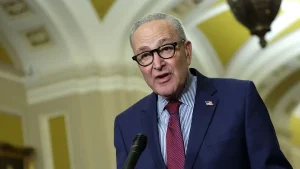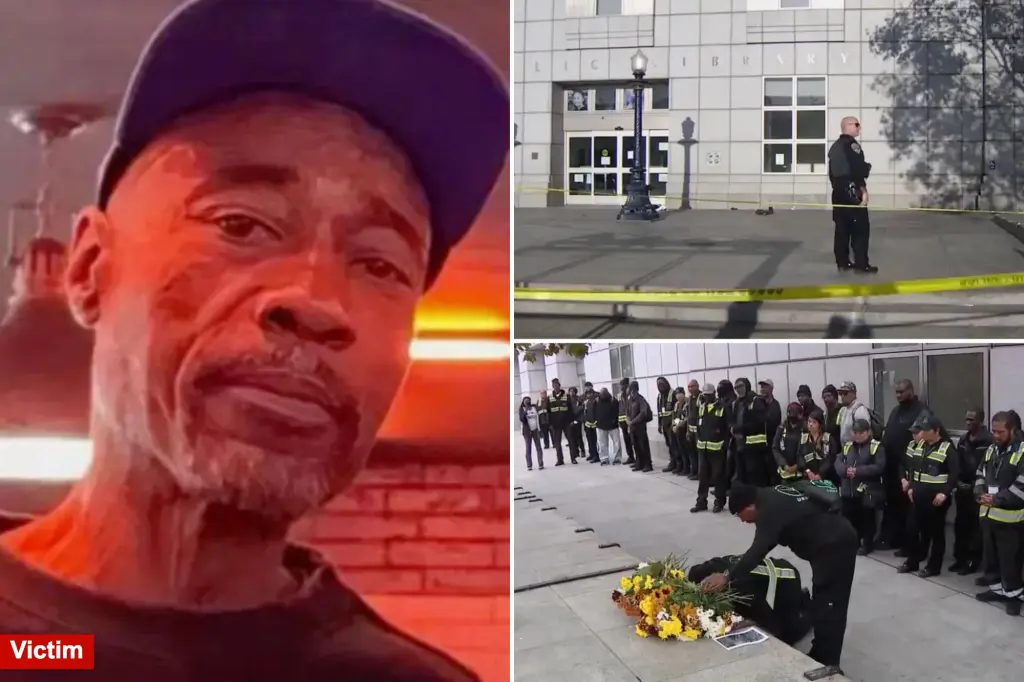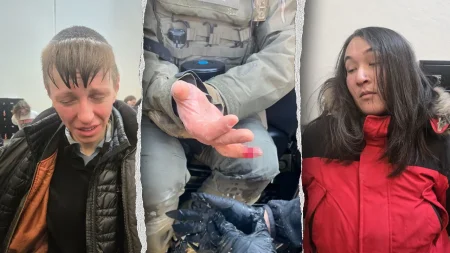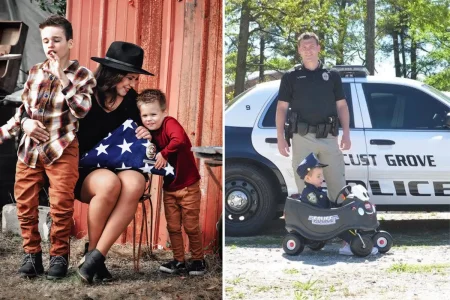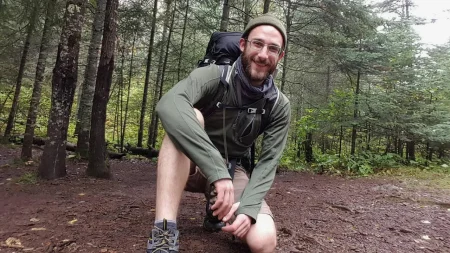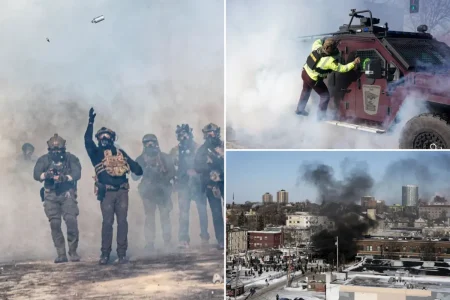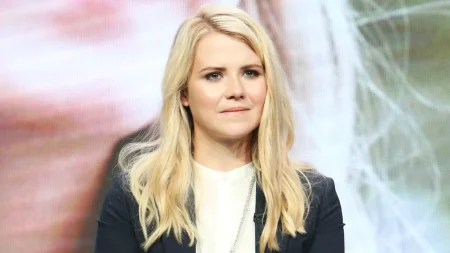A Tragic Loss: Street Ambassador Joey Alexander Shot Dead in San Francisco
In a devastating turn of events that has shaken San Francisco’s community outreach efforts, Joey Alexander, a 60-year-old street ambassador working for the non-profit Urban Alchemy, was fatally shot while performing his duties outside the Main Branch of the San Francisco Public Library. Alexander, who had turned his life around after serving 23 years in prison, was simply doing his job—asking someone to stop using drugs in an area where children were present—when the confrontation turned deadly. According to Urban Alchemy spokesperson Jess Montejano, the man responded to Alexander’s request by shouting “f–k Urban Alchemy,” before pulling out a shotgun from his bag and shooting Alexander in the torso. After fighting for his life in hospital, the father of two succumbed to his wounds on Tuesday, leaving behind a legacy of redemption and community service that was tragically cut short.
Alexander’s journey of transformation made his death all the more poignant. After serving more than two decades in prison for a gang-related homicide, he had been released from San Quentin just after Christmas 2022. For the past two years, he had dedicated himself to his role with Urban Alchemy, an organization founded in 2018 that contracts with the city of San Francisco to employ formerly incarcerated individuals as community ambassadors. These ambassadors work in some of the city’s most challenging neighborhoods, aiming to deter crime and drug use while building positive relationships with community members. The Main Library area had become Alexander’s regular beat, a place where he showed up reliably for every shift, committed to making a difference in the same city where he had once contributed to its problems. His brother Marvin told local media that Joey “wanted to make right what he’d done in his past” and that “he loved his job.”
The suspect in the shooting, 42-year-old Edmund Bowen, was arrested and booked on suspicion of homicide, according to the San Francisco Police Department. Prosecutors are expected to pursue murder charges before the end of the week. This violent incident has cast a shadow over the work of Urban Alchemy and similar organizations that place formerly incarcerated individuals in community service roles. Alexander is reportedly at least the third Urban Alchemy employee to be shot while on duty, highlighting the dangers faced by these frontline workers who often interact with individuals in crisis or engaged in illegal activities. The shooting has understandably created fear among Urban Alchemy practitioners, with Montejano noting that it’s “very easy to see themselves in Mr. Alexander” — everyday people doing challenging work in difficult circumstances, potentially putting themselves at risk.
For Alexander’s family, colleagues, and the broader community, his death represents not just the loss of a dedicated worker but also the cutting short of a powerful redemption story. Having served his time and embraced a new purpose in life, Alexander was embodying the possibility of change and second chances that programs like Urban Alchemy are built upon. His commitment to making amends for his past through community service made him an inspiration to others with similar backgrounds. As a father of two sons, Alexander had rebuilt his life and found meaning in work that directly contributed to making San Francisco safer and more humane for everyone, including children like those he was trying to protect on the day he was shot. His death leaves a void in both his family and in the network of street ambassadors who perform this challenging work.
The shooting raises difficult questions about the safety of outreach workers and the challenges of addressing public drug use and disorder in urban environments. Urban Alchemy and similar initiatives represent a more humane, community-based approach to public safety than traditional policing alone, particularly in addressing issues related to addiction, mental health, and homelessness. Yet Alexander’s death highlights the vulnerability of these workers, who often lack the protective equipment, training, or authority of law enforcement while still confronting potentially dangerous situations. It also underscores the volatility that can arise when people intervene in public drug use, even when doing so with the best intentions and as part of their official duties. For cities like San Francisco that rely on such programs to supplement traditional public safety measures, ensuring the protection of these workers must now be an even more urgent priority.
San Francisco Mayor Daniel Lurie acknowledged the sacrifice made by Alexander, writing on social media: “Our ambassadors dedicate their lives to the work of helping those on the street. Joey Alexander gave his life for it.” This sentiment captures both the nobility and the tragedy of Alexander’s story—a man who found purpose in helping others, only to have his life ended while performing that very service. As the city mourns this loss and supports Alexander’s family and colleagues, his death serves as a somber reminder of both the value and the risks inherent in street-level outreach work. Joey Alexander’s legacy will be measured not only in the two years of service he provided after his release but also in how his death might inspire greater protections for those who continue this essential work. In the face of this tragedy, the challenge for San Francisco and cities everywhere remains finding ways to address public disorder and addiction that protect both community members and those tasked with creating safer public spaces.


